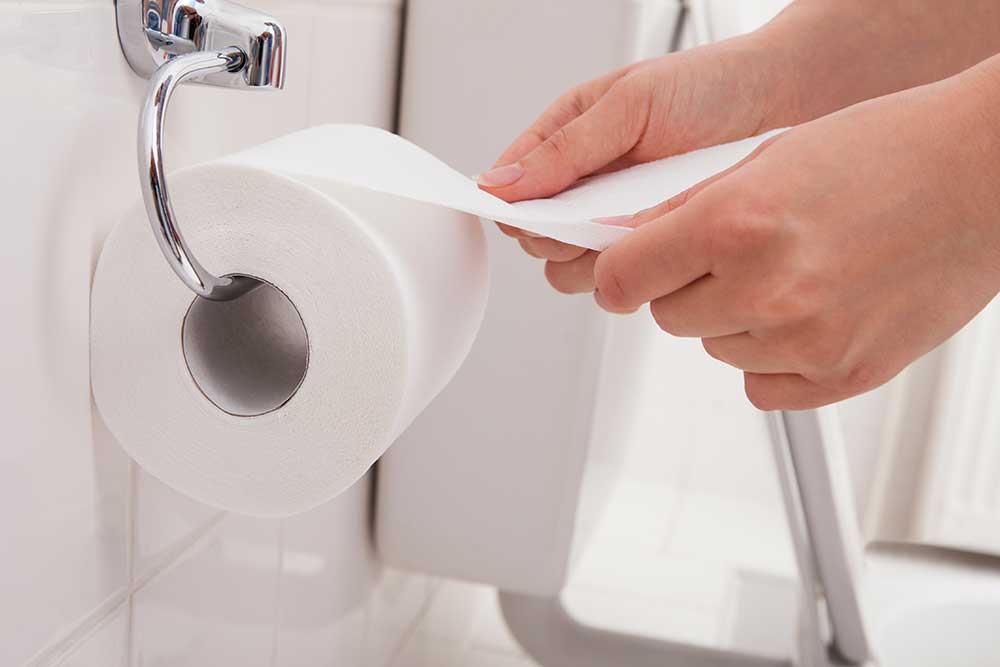Going Home with a Catheter after Hysterectomy
It’s never fun to have complications from a surgery. You had hoped your hysterectomy would go smoothly and put an end to your symptoms, not give you new ones. Instead, there’s been a bladder complication and you’ve been sent home with a catheter. Now what?
Thankfully, your catheter should be temporary. Once your bladder heals, the catheter can be removed. But in the meantime, you need to know how to take care of it.
Your medical team will have given you some instructions, but here are some basic tips you might helpful, too.
Caring for you, the catheter, and the drainage bag.
- Always wash your hands before and after touching your catheter.
- Keep the tubing clean.
- Keep the vaginal area clean.
- Wipe from front to back.
- Clean the catheter at least twice daily and after every bowel movement.
- Shower daily.
- Avoid using strongly scented soaps, powders, or other products in the vaginal area.
- Wash the outside of reusable bags with detergent and water and then allow to air dry.
Changing the drainage bag.
- Wash your hands before and after changing the drainage bag.
- Change or empty the bag before it is completely full.
- Avoid coming in contact with the contents.
- Avoid touching the end of the tubing except with alcohol wipes.
Wearing your catheter.
- Wear the drainage bag below your bladder so urine can drain more freely.
- Keep an eye out for kinks in the tubing.
- Be sure the bag is taped or strapped on securely.
- Check for rashes where the tubing is being taped or secured to your leg.
- Do not sleep with a leg bag.
- Do not place the drainage bag on the floor.
Signs you need to call the doctor.
- Fever.
- Lower back or pelvic pain.
- Bloody, cloudy, or strong smelling urine.
- Burning sensation.
- Nausea or vomiting.
- Confusion.
- Extra tiredness.
- Cather falls out.
- Continuous leaking around catheter.
- No urine is draining.
How long you will need to wear your catheter depends on the extent of your bladder injury and how quickly you heal. Your doctor will monitor your progress and work with you to keep the time as short as possible. If you feel uncomfortable, unwell, or have any concerns, don’t hesitate to contact your doctor or his staff.
This content was written by staff of HysterSisters.com by non-medical professionals based on discussions, resources and input from other patients for the purpose of patient-to-patient support. Read the article here: Going Home with a Catheter after Hysterectomy







